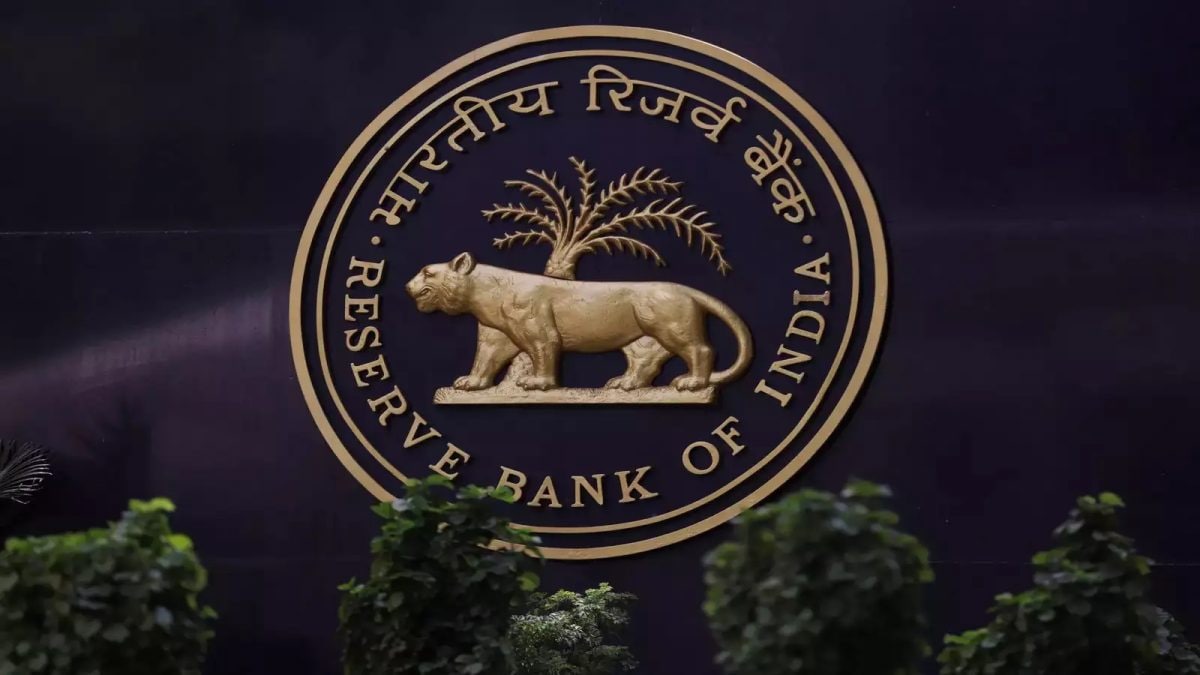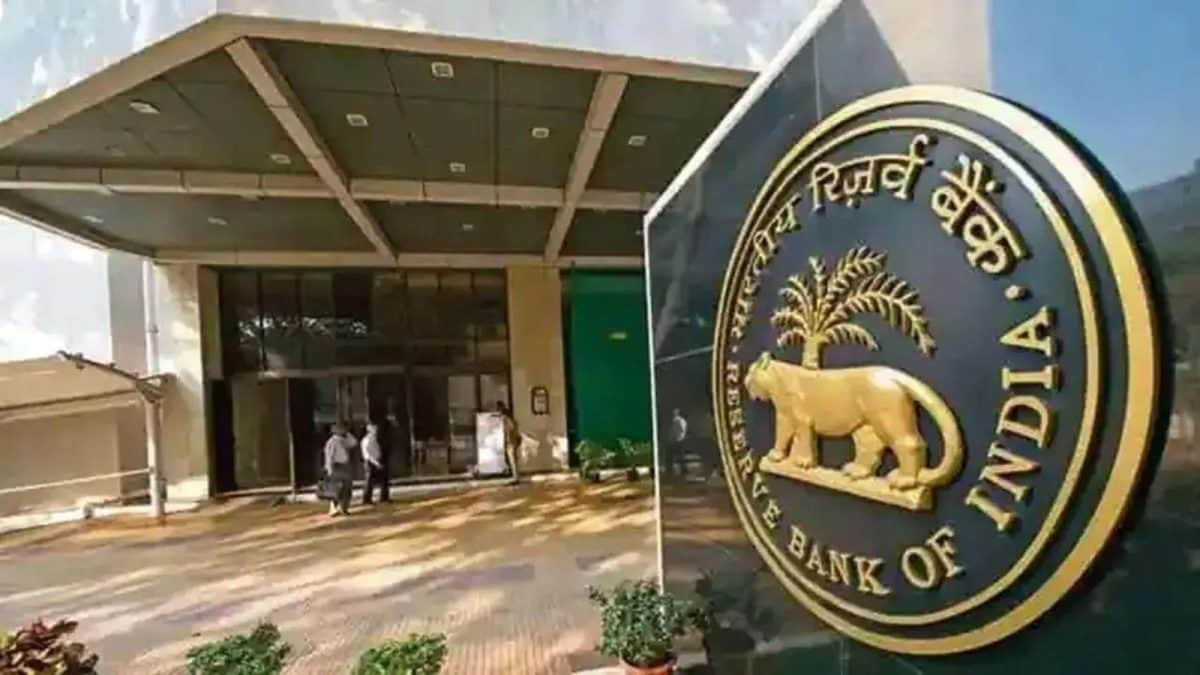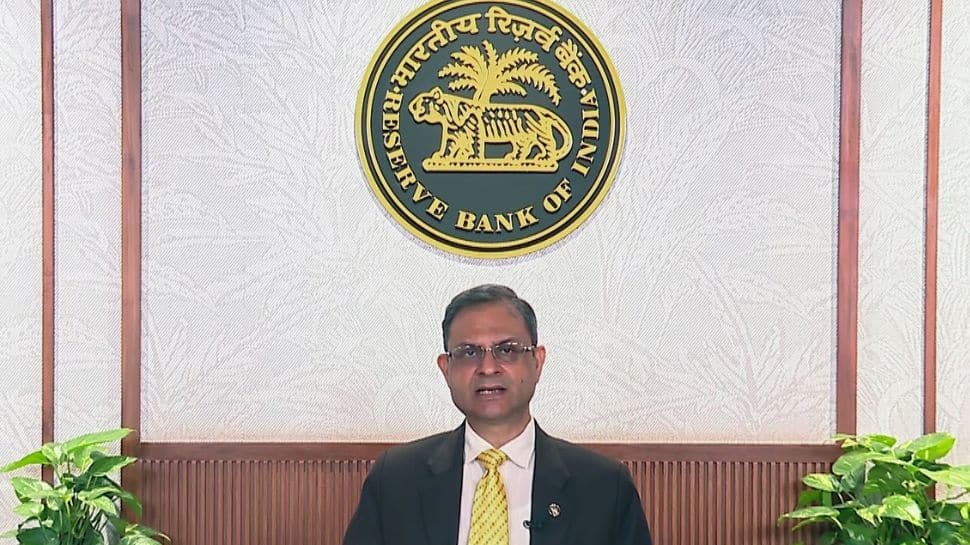Business
RBI Monetary Policy Committee Unlikely To Cut Rates In October: Report
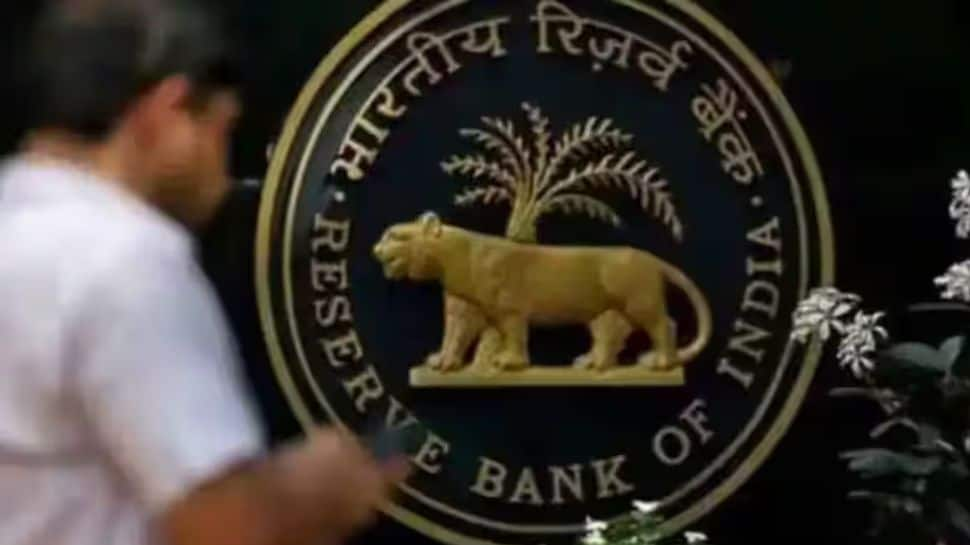
New Delhi: The Reserve Bank of India’s monetary policy committee (MPC) is anticipated to maintain the status quo on the repo rate in its October review, considering the positive impact of GST reforms on demand, stronger-than-expected Q1 FY26 GDP growth, and an inflation trajectory which is expected to slope upwards thereafter, a report said on Thursday.
The inflation trajectory remained lower due to GST rationalisation (FY2026 average now around 2.6 per cent). The transmission of the past 100 bps rate cut is assessed as nearly complete for fresh deposits (-94 bps) but muted for outstanding deposits (-18 bps), ICRA said in its report.
Similarly, the Weighted Average Lending Rate for fresh loans declined by 60 bps, compared to a 42-bps easing for outstanding loans. Further significant transmission to lending rates is considered limited in the coming months.
According to the report, the 10-year G-sec yield for the government bond market is projected to trade between 6.40-6.60 per cent, with the yield curve expected to remain steep. This is due to comfortable liquidity keeping short-term rates steady, while long-term yields remain sticky amid fiscal concerns and demand-supply dynamics.
“Internationally, the spread between the 10Y India G-sec and the 10Y US Treasury yield widened to 236 bps in September 2025 from 209 bps at the end of June 2025, following a US Fed rate cut,” the report said. Systemic liquidity surplus cooled in September 2025 after being sizable in June-August 2025, due to advance tax outflows.
Additionally, a pending 75 bps CRR cut during October-November 2025 and G-sec redemptions (Rs. 1.0 trillion) in early-November 2025 are expected to support liquidity, offsetting festive season currency leakage pressure, the report stated.
The RBI may continue Variable Rate Repos (VRRs) to manage intermittent tightness. According to the report, GST rationalisation is expected to dampen headline CPI inflation by 25-50 bps during Q3 FY2026-Q2 FY2027 relative to earlier estimates
“Average CPI inflation for FY2026 is now projected at around 2.6 per cent (against 3.0 per cent earlier),” the report noted.
Business
Critical Illness Claim Rejected? Here’s How You Can Fight Back

Last Updated:
A rejected critical illness claim may not be the final word if the policy clearly covers the condition.

Policyholders can successfully challenge unfair decisions.(Representative Image)
A policyholder recently faced trouble after his/her spouse was diagnosed with a serious brain-related illness. The condition was identified as bacterial meningitis with encephalitis. Believing the illness was covered, the family filed a critical illness claim with their insurer.
However, the insurance company turned down the request. The reason given was that the illness did not fall under the list of covered conditions. This left the family confused and unsure about the next step, especially at a time when medical stress and costs were already high.
Why A Rejected Claim May Still Be Valid
A claim rejection does not always mean the insurer is right. The first step is to read the policy document carefully. Most critical illness plans clearly list the illnesses they cover. In many policies, bacterial meningitis is included, but only if certain medical conditions are met.
In a similar case, a close review of the policy showed that the illness was listed among 32 covered conditions. The medical records also clearly confirmed the diagnosis and seriousness of the disease. When both the policy terms and medical proof match, the rejection can be questioned.
How To Raise The Issue With The Insurer
The next step is to approach the insurer’s grievance team. This means sending a clear written request that explains why the claim should be accepted. It is important to point out the exact policy clauses and attach all medical reports.
In the case mentioned, the policyholder shared hospital records, diagnosis details, and proof of treatment. Despite this, the insurer stuck to its earlier decision and did not provide any new explanation. This is when many people give up, but there is still another option available.
When The Insurance Ombudsman Can Help
If the insurer does not resolve the issue, the policyholder can approach the insurance ombudsman. Filing a complaint here does not cost anything. The ombudsman reviews both the policy terms and the medical evidence.
During the hearing in this case, the policyholder submitted hospital documents and a doctor’s certificate. The records confirmed that the patient had a lasting brain-related problem for over six weeks, which is an important requirement in many critical illness policies. The insurer failed to provide proof to challenge these findings.
What This Case Teaches Policyholders
After reviewing all details, the ombudsman ruled in favour of the policyholder and asked the insurer to pay the claim amount to the nominee. This shows that unfair claim rejections can be overturned if the policy terms are clear and the documents are in order.
It is always wise to read your policy closely, keep complete medical records, and use the grievance and ombudsman process when needed. Many rejected claims can be resolved because the facts and the policy are on the customer’s side.
December 27, 2025, 09:33 IST
Read More
Business
India’s Forex Reserves Surge $4.36 Billion To $693 Billion, Gold Holding Rises $2.6 Billion

Last Updated:
India’s Latest Forex Reserves: The value of the gold reserves jumps $2.623 billion to $110.365 billion during the week ended December 19.
India’s Latest Forex Reserves.
India’s foreign exchange (forex) reserves surged $4.368 billion to $693.318 billion during the week ended December 19, according to the latest data from the Reserve Bank of India (RBI). The value of the gold reserves jumped $2.623 billion to $110.365 billion during the week.
The overall kitty had increased by $1.689 billion to $688.949 billion in the previous week.
For the week ended December 19, foreign currency assets, a major component of the reserves, increased by $1.641 billion to $559.428 billion, according to the Reserve Bank of India’s latest ‘Weekly Statistical Supplement’ data.
Expressed in dollar terms, the foreign currency assets include the effects of appreciation or depreciation of non-US units, such as the euro, pound, and yen, held in the foreign exchange reserves.
The special drawing rights (SDRs) were up by $8 million to $18.744 billion.
India’s reserve position with the IMF was up by $95 million to $4.782 billion in the week, according to the RBI data.
The price of the safe-haven asset gold has been on a sharp uptrend over recent months, perhaps amid heightened global uncertainties and robust investment demand.
After the last monetary policy review meeting, the RBI had said that the country’s foreign exchange reserves were sufficient to cover more than 11 months of merchandise imports. Overall, India’s external sector remains resilient, and the RBI is confident it can comfortably meet external financing requirements.
In 2023, India added around $58 billion to its foreign exchange reserves, contrasting with a cumulative decline of $71 billion in 2022. In 2024, reserves rose by just over $20 billion. So far in 2025, the forex kitty has increased by about $47-48 billion, according to data.
Foreign exchange reserves, or FX reserves, are assets held by a nation’s central bank or monetary authority, primarily in reserve currencies such as the US dollar, with smaller portions in the Euro, Japanese Yen, and Pound Sterling.
December 27, 2025, 08:17 IST
Read More
Business
Irdai fines Reliance General Insurance over ‘commission’ – The Times of India

MUMBAI: The Irdai on Friday, fined Reliance General Insurance Rs 1 crore in Hyderabad for routing unauthorised payouts through marketing and awareness expenses that amounted to disguised commissions. The penalty follows Irdai’s examination of transactions across FY19, FY20 and FY21. According to the regulator, the insurer channeled payments to brokers, agents, corporate agents and unlicensed entities under labels such as consumer awareness, marketing and advertising.
-

 Fashion1 week ago
Fashion1 week agoIndonesia’s thrift surge fuels waste and textile industry woes
-

 Tech1 week ago
Tech1 week agoT-Mobile Business Internet and Phone Deals
-

 Business1 week ago
Business1 week agoBP names new boss as current CEO leaves after less than two years
-

 Sports1 week ago
Sports1 week agoPKF summons meeting after Pakistani player represents India in kabaddi tournament
-
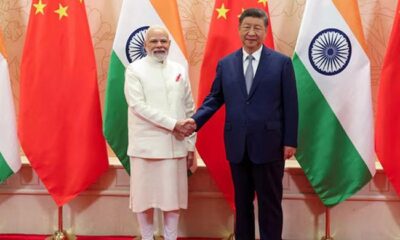
 Entertainment1 week ago
Entertainment1 week agoIndia streamlines visa rules in boost for Chinese professionals
-

 Sports1 week ago
Sports1 week agoUWCL grades for all 18 teams: Leuven get A+; Barça an A-, PSG fail
-
Sports7 days ago
Alabama turned Oklahoma’s College Football Playoff dream into a nightmare
-

 Entertainment1 week ago
Entertainment1 week agoRadiation fears rise after cracks found in $2 billion Chernobyl shield



